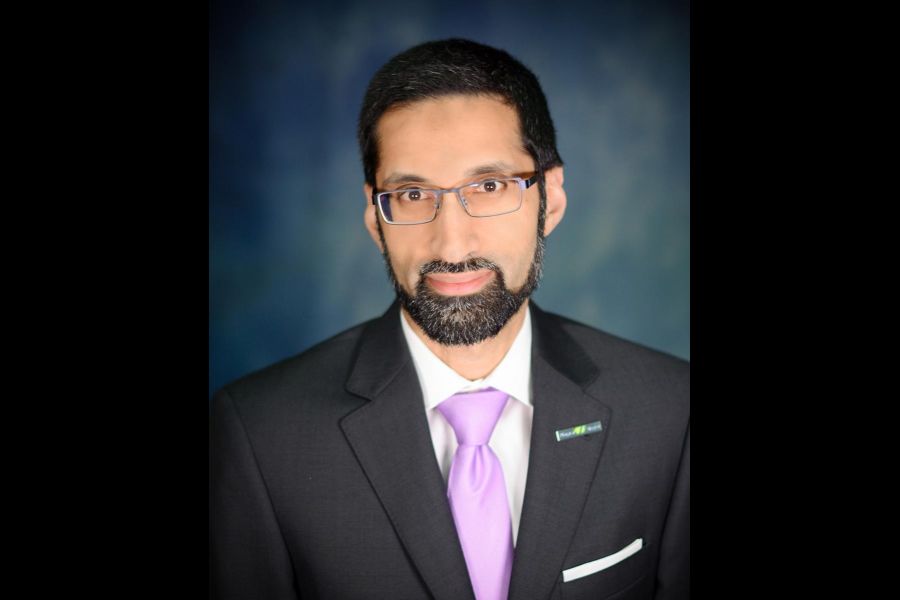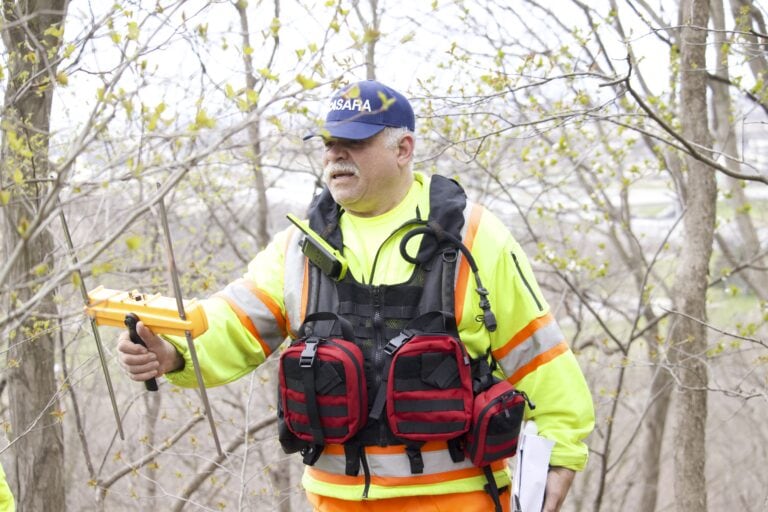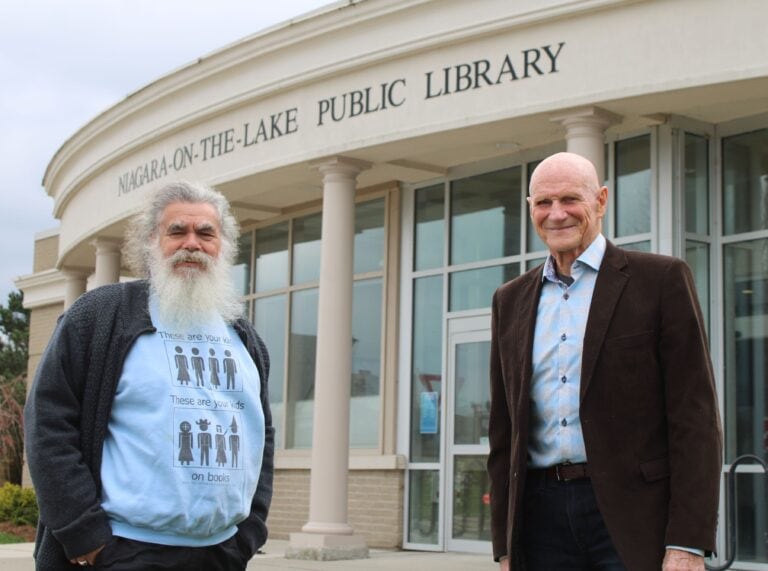As Ontario and much of the world relaxes into a semi-post-COVID summer, Niagara’s top doctor says that’s OK but we should be looking at how to mitigate inevitable future waves.
“People are less worried about the pandemic. I don’t know if that’s entirely incorrect,” acting chief medical officer Dr. Mustafa Hirji told a COVID media briefing on Monday, June 6.
“We are in a much better place in this pandemic.”
But the virus is certainly still prevalent and Hirji said the focus now is “how do we make sure that we prepare for the future so that we’re not as badly affected by this virus going forward.”
He doesn’t anticipate businesses being closed or capacity limits imposed and thinks there might be “a brief reprieve” from wearing masks if infections dip low enough this summer.
“But we’re going to see the virus likely resurge in the fall. We’re going to see ongoing hospitalizations, death, health care strain, long-COVID and economic consequences from this virus going forward.”
At this point, there is only partial control of the virus, Hirji said.
“We can superficially take away restrictions, look like we’re reopening the economy but have our economy still stressed, have our health care still stressed, have members of our population still being hospitalized, still passing away and suffering from the impacts of this pandemic.”
There are several important ways Hirji said people can start working now to mitigate future waves of the virus. Some may sound familiar but they’re importance has not diminished.
The first one is getting a third dose of vaccine, he said.
Hirji said third dose uptake among older populations is high but younger generations are still lagging behind.
“We really need to prioritize getting their doses up,” he said.
“If we do that, that really slows the spread of infection.”
The best tool at the government’s disposal for improving third dose intake is proof of vaccination requirements, he suggested.
“I propose that, really, the government take the proof of vaccination tool and updates it to incorporate a third dose,” he said.
Hirji said he is not calling for a reintroduction of the proof of vaccination system at this point but that there are many places that already require proof of vaccination and making that include a third dose is essential public messaging.
“By updating that proof of vaccination tool to that third dose it hopefully sends a signal to everybody else that three doses is now the standard for being vaccinated,” he said.
“You might want to go out and get that third dose so you’re prepared if and when maybe proof of vaccination becomes a requirement in other places once again. I propose that’s something we should be doing this summer.”
His second step for preventive measures is updating Ontario’s building code.
“We know the virus spreads through the air. If we can remove that virus from the air with better ventilation, if we can remove it from recirculated air with better filtration, we can make our public spaces, our spaces where people congregate and get infected much better and safer,” he said.
Hirji said the building code should be updated so that “all new buildings, buildings that are undergoing significant retrofits or significant renovations, they will be brought up to a level where we will be protected from the virus in those spaces.”
He said the government should provide financial incentives for businesses to do this.
Thirdly, Hirji said the province needs to start building a work culture that encourages people stay home if they are sick.
“If you’re sick and you go to work, you go to school, you’re spreading infection to many more people, in some cases vulnerable people.”
He said the culture that arose about staying home if you have COVID needs to be permanently ingrained.
Essential to this is legislating permanent sick days so people do not feel economically pressured to go into work when they are unwell, he said.
“I think we need to have a big provincial campaign to make sure this culture really sticks going forward.”
Part and parcel to this is the ability for remote work, Hirji said.
“We’ve done that for two years and we can really leverage that. So, people who are mildly sick, only have a bit of a cold but feel well enough that they can work, they can actually work from home.”
Hirji also said rethinking the holiday calendar could be a beneficial mitigation tool.
“So we don’t have people gathering in a holiday spreading infection amongst friends and family, going back to work, in school and then spreading an infection to even more people,” he said.
He said this wouldn’t just help mitigate COVID but the spread of all respiratory infections as well.
Lastly, Hirji recommends the beginning of a non-partisan review of how pandemic management played out over the last two years.
“I’m thinking of the non-partisan commissions that took place after SARS. That’s the kind of model of review that we need, to take a really deep dive looking at this pandemic.”
Hirji said these types of reviews can take a long time but that starting now is the right move in order to get a comprehensive review of all aspects of our societal and political response to COVID-19.
A review would allow us to better understand what went wrong, what went right and how we can do better in the future, he said.











